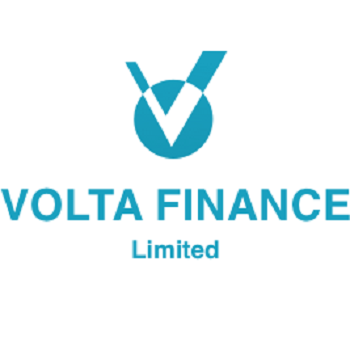Sophisticated investors constantly seek ways to optimise returns while managing risk. One such opportunity comes through Collateralized Loan Obligation (CLO) funds. These unique and dynamic assets have attracted attention due to their higher yields and diversification benefits compared to traditional fixed-income investments.
CLOs offer investors access to a broad pool of corporate loan assets. These loans often provide higher returns than typical bonds or other fixed-income options, especially in low-interest-rate environments. This makes them appealing to those looking for superior returns without venturing into riskier asset classes like equities. Moreover, CLO funds allow investors to select tranches based on their preferred risk profile. Senior tranches offer more stability, while equity tranches deliver higher returns.
One of the key advantages of CLOs is the diversification they bring. By pooling loans from companies across various industries, sectors, and regions, the risk of exposure to any single entity or sector is reduced. This diversification minimises the impact of defaults within the portfolio, making CLOs an efficient way for investors to access corporate credit while maintaining a diversified strategy.
In addition to diversification, CLOs have a low correlation with traditional assets like stocks, bonds, and real estate. This can provide stability to an investor’s portfolio, particularly during volatile market periods. As CLOs often perform independently of other financial instruments, they help reduce overall risk and enhance portfolio resilience.
CLOs also offer significant credit protection, particularly for those investing in senior tranches. These tranches are backed by the borrower’s assets, providing investors with a secure position in the repayment structure. This makes senior tranches attractive to those focused on capital preservation while still pursuing yield-enhancing investments.
Another advantage of CLOs is the active management provided by professional managers. These managers monitor and adjust the loan portfolios as needed, reinvesting capital from loan repayments into new loans. This active management ensures that the CLO portfolio remains diversified and aligned with current market conditions, offering an additional layer of security and performance to investors.
CLOs also play a critical role in the broader corporate loan markets by providing much-needed liquidity. Companies, especially those with sub-investment-grade ratings, benefit from the funding CLOs provide, which in turn offers investors exposure to corporate credit and the potential for higher returns. This relationship supports corporate growth while providing investors with attractive returns.
CLO funds present investors with an opportunity to engage in corporate loan markets while balancing risk and reward. As a well-managed and structured asset class, CLOs enable investors to diversify their portfolios, access corporate credit, and pursue higher yields. With active management and strong credit protection, CLOs will continue to be a valuable investment option for those looking to optimise returns in an ever-changing financial landscape.
Volta Finance Ltd (LON:VTA) is a closed-ended limited liability company registered in Guernsey. Volta’s investment objectives are to seek to preserve capital across the credit cycle and to provide a stable stream of income to its Shareholders through dividends that it expects to distribute on a quarterly basis.



